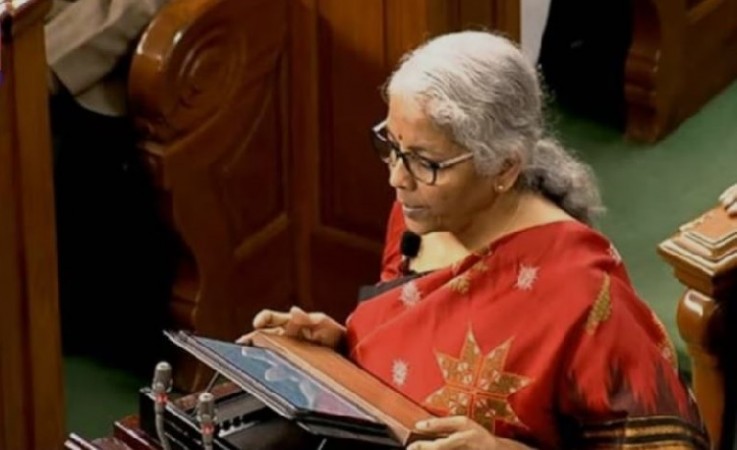
NEW DELHI: The Budget Bill, 2023 was approved by Lok Sabha on Friday with 64 official amendments, including the elimination of long-term tax benefits for debt funds, which raised concerns in the fixed-income mutual fund sector that the legislation will scare away investors.
Key AMENDMENTS to the financial bill: 1) Debt mutual funds: According to revisions to the budget bill approved by parliament today, the government will tax investments in debt mutual funds as short-term capital gains. Investors might lose the long-term tax advantages that make such investments so well-liked if this happens.
As per the amendments, mutual funds with less than 35% domestic equity investment are suggested to be classified as short-term, and the indexation benefits that significantly lower their tax obligation may be abolished prospectively, whereby the applicable tax rate would depend on the investor's income tax bracket.
Investors in debt funds currently pay income tax on capital gains based on the income tax slab for a three-year holding period. These funds pay either 20% with benefits from indexation or 10% without benefits after three years.
The new tax regulations would apply to investments made on or after April 1, 2023, impacting new inflows into these funds.
2) STT on futures and options contracts: The government increased the STT on futures and options contracts in addition to making other changes to the finance bill that were approved by the lower house of parliament today. The price increases would take effect on April 1.
3) Credit card payments for international travel will be covered by the Reserve Bank's Liberalized Remittance System (LRS) in order to make sure that these costs are covered by TCS (Tax Collection at Source).
Union Finance Minister Nirmala Sitharaman stated that the Reserve Bank of India has been requested to look into ways to bring credit card payments on international visits under the LRS while introducing the Finance Bill 2023 in the Parliament.
4) Enhancing NPS: In order to address employee concerns while upholding budgetary responsibility, the government will establish a commission to examine modifications to the New Pension System (NPS) that will be adopted by both the federal and all state governments. The FM stated that the federal and state governments will be able to embrace the new NPS strategy.
5) GST Appellate Tribunal: The Lok Sabha approved modifications to the Finance Bill that will allow the establishment of an appeal tribunal to settle GST-related disputes. In the absence of the appellate tribunal, taxpayers are already submitting writ petitions to high courts.
In accordance with the changes outlined in the Finance Bill 2023, the GST Appellate Tribunal will have major benches in Delhi and every state to hear disputes pertaining to "place of supply."
The Goods and Services Tax (GST) has been in place for more than five years, but the appeal tribunal has still not been established. As a result, there are now a growing number of unresolved GST legal issues.
LS passes Finance Bill, set to tax investors heavily from April
FM Nirmala Sitharman to move Finance Bill 2023 today